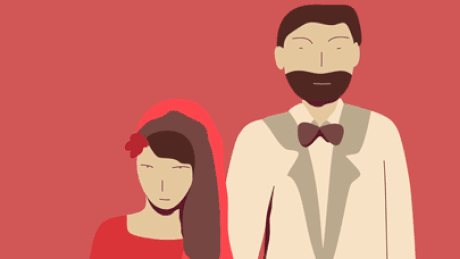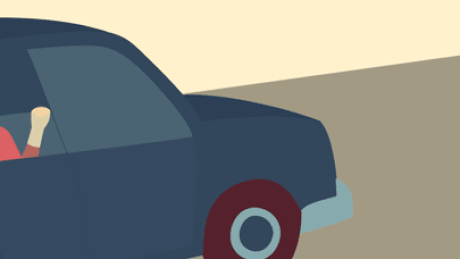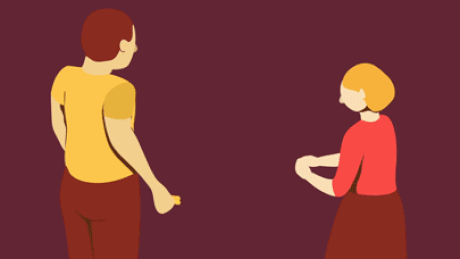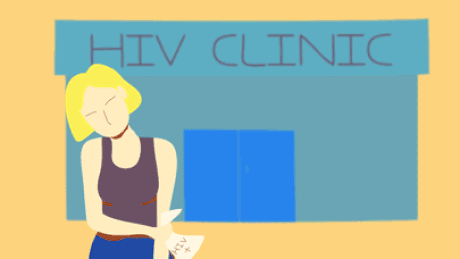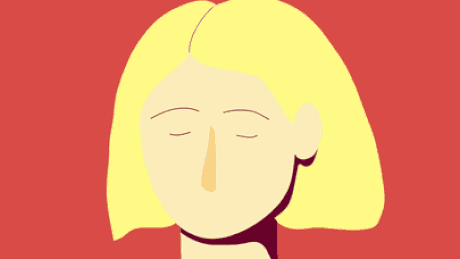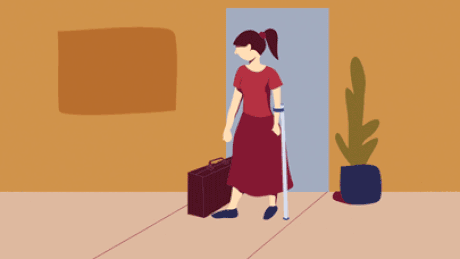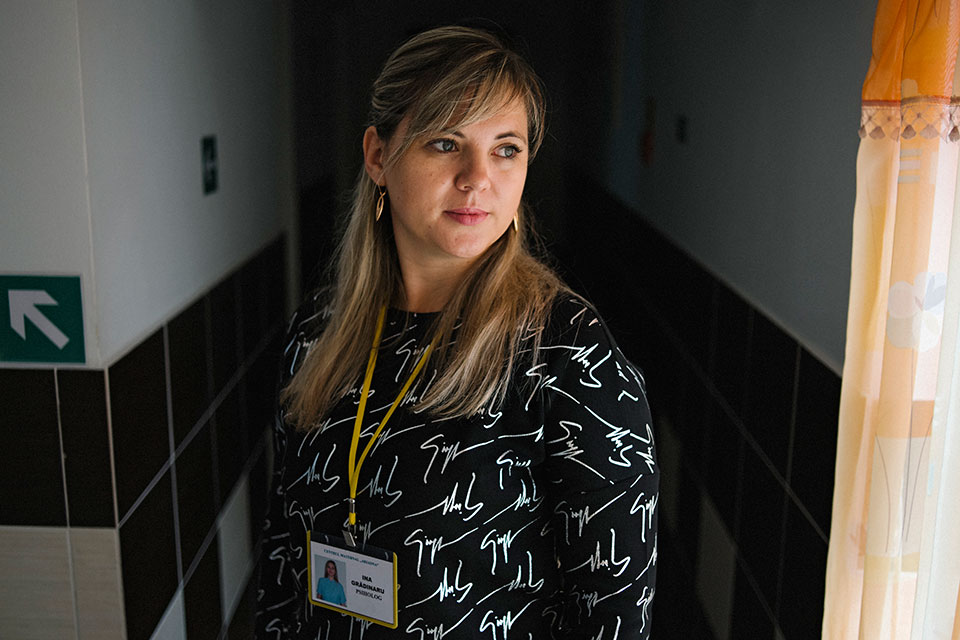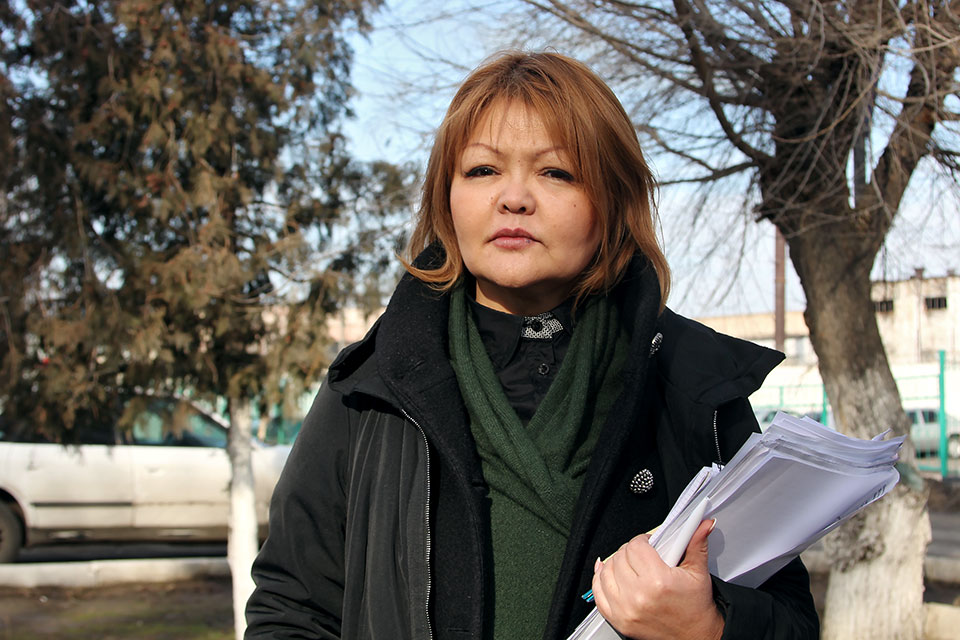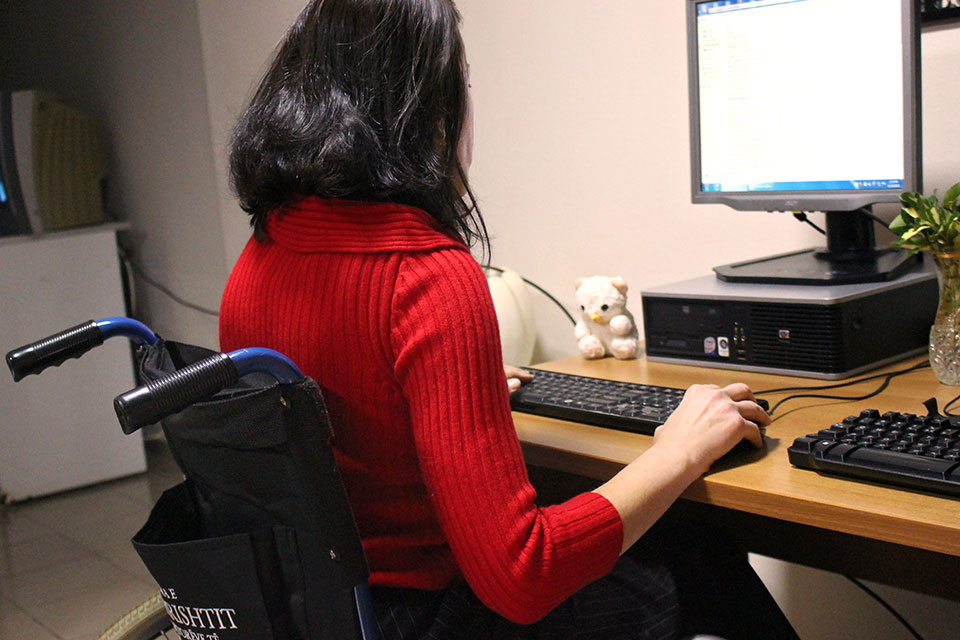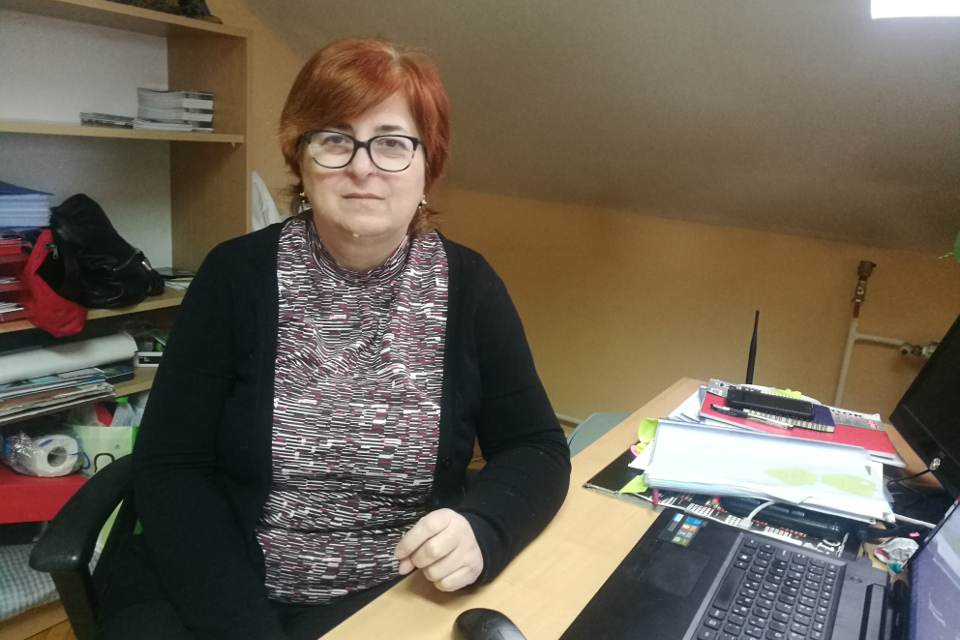In Focus: Orange the World, #HearMeToo
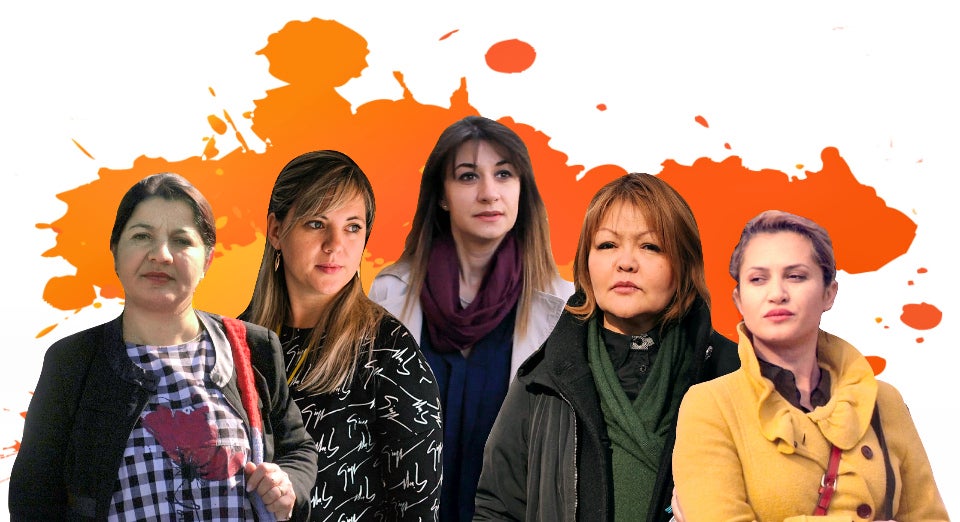
Video Series | Top stories |Inforgraphics | News |Social media |Facts and figures
#HearMeToo: A message from UN Women’s Executive Director
On this year’s International Day for the Elimination of Violence Against Women (25 November), we honour and amplify the voices of survivors and grassroots activists. Under the UN theme, “Orange the World: #HearMeToo,” UN Women Executive Director Phumzile Mlambo-Ngcuka issues a call to listen to and believe survivors, to end the culture of silencing and to put survivors at the centre of our responses. Read the full message►
Kyial was 20 years old when she was kidnapped, forcibly married and raped. She escaped to start a new life. Ana created a #MeToo-inspired campaign that shook up the former Yugoslav Republic of Macedonia and the Balkans. A Roma woman herself who was married-off at an early age, Manjola now fights for Roma women’s rights, specifically to prevent domestic violence and early and forced marriages. Domestic violence survivor Elena, who lives with HIV, counsels domestic violence survivors and women living with HIV. Luljeta is on her way to get Kosovo’s1 Family Law changed to ensure divorcing women get equal rights to property.
Building on the momentum of global movements and grassroots campaigns such as ‘#MeToo’, “#TimesUp”, “#BalanceTonPorc”, #СегаКажувам (#ISpeakUpNow), “#NiUnaMenos”, #MetooIndia and “HollaBack!”, the UN theme for this year’s 16 Days of Activism against Gender-Based Violence (25 November – 10 December) under the UNiTE to End Violence against Women campaign is, Orange the World: #HearMeToo.
#HearMeToo brings to the forefront the voices of women and girls who have survived violence, who are defending women’s rights every day, who are taking action—many of them very far away from the limelight or media headlines. These are the faces we may not have seen on newspapers and stories we may not have heard on social media.
Their voices and stories must be heard.
One in three women experience violence in their lifetime, across all social status, class, race, country or age group. That’s one too many. For many of them, the #MeToo moment hasn’t come yet, because speaking out can have fatal consequences, and survival is a long and complicated journey.
Today we stand at a tipping point. These global social media conversations and survivor- activists’ movements have shown us that when our voices come together, it is possible to challenge the historical power imbalances and affect lasting change.
Fighting discrimination and violence against women and girls is at the core of UN Women’s mandate. And, we know that there are solutions that can unlock the transformational change we want to see, such as: a comprehensive approach that includes laws along with decisive implementation to protect women and girls from violence; prevention that starts at an early age and the provision of services accessible to all survivors.
For the 16 Days of Activism, this compilation features the stories of some of the brave women and men who are paving the way for a safer, more equal and better world for all. Join them as they say #HearMeToo.
Video Series: A true story, my story
Defending the human rights of Roma women – Manjola’s story, Albania
Roma women in Albania suffer disproportionately from domestic violence and many are compelled to marry well before they turn 18. Most drop out of school soon after, pregnant, isolated in their husband’s family, economically insecure. In this video, Roma activist Manjola Veizi explains how she fights for Roma women’s rights and to prevent domestic violence and early, forced marriages. Her work is supported by the EU-funded UN Women Regional Programme on Ending Violence against Women in the Western Balkans and Turkey, Read more
What it means to be kidnapped bride - Kyial’s story, Kyrgyzstan
Bride kidnapping – where men kidnap and forcibly marry unwilling women – is widespread, illegal and socially accepted in Kyrgyzstan. In this video, Kyial Tilekova (not her name) recounts her kidnapping at age 20. Her mother ignored repeated calls for help by Kyial, who was raped the first night. Unlike many, she escaped to begin a new life, thanks to a friend and UN Women partner Open Line, a Bishkek NGO that offers kidnapped women counselling and legal advice. Read more
Fighting for women’s property rights – Luljeta’s story, Kosovo1
Luljeta Aliu is founder of INJECT, an NGO that works for gender equality, human rights and social justice in Kosovo. While divorcing her husband for domestic violence, Aliu realised that the law regulating division of property in divorces discriminated against women. She wrote an amendment to joint property articles of the Kosovo Family Law to ensure women have equal rights to property. UN Women in Kosovo lobbied members of parliament for Aliu’s amended law, which passed the first reading on 23 July 2018. Read more
Empowering survivors and women living with HIV— Elena’s story, Ukraine
Widespread gender-based violence, conflict and inequalities in education, employment and health care access greatly increase women’s vulnerability to HIV infection in Ukraine, which has Europe’s highest HIV prevalence. In this short film, Elena Vdovenko, an advocate for the rights of women living with HIV, discusses how her HIV+ status and the domestic violence she and her children had survived informs her work. Vdovenko works with UN Women partner Positive Women, which advocates to include the needs of women living with HIV in Ukraine’s laws and policies. Read more
Creating a movement to fight sexual harassment, Ana’s story, FYR Macedonia
Women’s rights activist Ana Vasileva lives in Skopje, the former Yugoslav Republic (fYR) of Macedonia, working with UN Women’s Skopje office to organise gender equality events and debates. A member of the feminist collective Fight Like a Woman, Vasileva was cyberbullied and threatened for a post criticising a sexist hashtag. She and Fight Like a Woman responded with #СегаКажувам, #ISpeakUpNow, a #MeToo-inspired campaign that spawned a massive discussion on sexual harassment and violence in fYR Macedonia and the Balkans. In this video, Vasileva discusses being a feminist activist, #ISpeakUpNow, how to fight sexual harassment and protect and support survivors. Read more
At the forefront of response to survivors with disabilities, Ivana’s story, Serbia
Violence against women in Serbia is common, and prevention, protection, prosecution and referral mechanisms remain weak despite recent legal improvements. Ivana Zelic coordinates NGO Iz Kruga Vojvodina’s SOS service, which provide services to women from marginalized groups or with disabilities who are survivors of gender-based violence, with support from the EU - UN Women Regional Programme on Ending Violence against Women in the Western Balkans and Turkey, Implementing Norms, Changing Minds. In this video, Zelic explains how she supports survivors and why violence against women should be everyone’s concern. Read more
Top stories
Infographics

Explore the facts: Violence against women
Violence against women Violence against women and girls manifests itself in many different forms. Whether at home, on the streets or during war, it is a human rights violation of pandemic proportions that takes place in public and private spaces. Explore the issue ►
Signs of relationship abuse
A sudden or gradual change in appearance or behaviour can be an indicator that abuse or neglect has occurred (or may still be happening). Learn more about the signs of relationship abuse. Learn more about how to recognize the signs ►
News
- Media advisory: “Orange the World: #HearMeToo”: International Day for the Elimination of Violence against Women (14 November)
Social media
Raise your voice with #HearMeToo
Use your social media platforms to highlight the stories of survivors and activists who demand action to end violence against women. Use the hashtags #HearMeToo, #16days and #orangetheworld to add your voice to the community of people who are breaking the silence and advocate for change.
For far too long, impunity, silence & stigma have allowed violence against women to escalate to pandemic proportions. Time for change is here & now. #16Days of Activism kick off on 25 Nov: https://t.co/kCHcjKhLe9 #HearMeToo #orangetheworld pic.twitter.com/BcUVDz5Klv
— UN Women (@UN_Women) November 11, 2018
Help us to #orangetheworld in #16days by turning your Facebook, Instagram and Twitter accounts orange with a variety of images, banners and promotional material. A social media package with sample messages in English, Spanish and French is available here.
Join the ‘Orange the World’ Event page on Facebook and post photos and actions happening in your country during the 16 Days of Activism.
Keep up with our Instagram Stories throughout the 16 Days and stay tuned for an Instagram challenge with customizable content to share on your own Stories and profile.
Follow us:
@unwomeneca on Twitter, unwomeneuropecentralasia on Facebook, unwomen on OK
See our coverage of the International Day for the Elimination of Violence against Women and 16 Days of Activism against Gender-Based Violence from previous years: 2017, 2016, 2015, 2014, 2013, 2012, 2011
[1] All references to Kosovo on this website shall be understood to be in full compliance with UN Security Council Resolution 1244 (1999).
